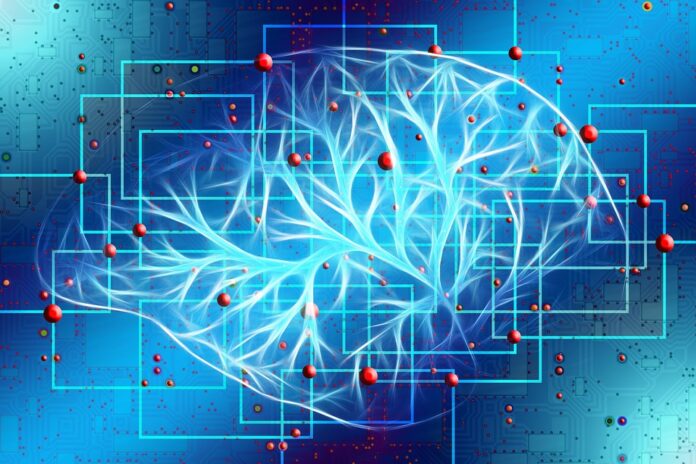Introduction
In today’s digital age, personalized marketing has become a key strategy for businesses to attract and retain customers. One industry that has been leveraging loyalty app data to fuel machine learning for personalized experiences is the beverage industry. By analyzing customer preferences, behavior, and purchasing patterns through loyalty apps, beverage companies can tailor their offerings to meet individual consumer needs, leading to increased customer satisfaction and loyalty.
The Role of Loyalty App Data in Machine Learning
Understanding Customer Preferences
Loyalty app data provides valuable insights into customer preferences, such as favorite drinks, flavor profiles, and purchasing frequency. By analyzing this data using machine learning algorithms, beverage companies can create personalized recommendations for customers, increasing the likelihood of repeat purchases and customer retention.
Predictive Analytics for Inventory Management
Machine learning algorithms can also be used to predict customer demand for specific beverages, allowing companies to optimize their inventory management processes. By analyzing loyalty app data, beverage companies can forecast which products are likely to be popular in the future and adjust their production and supply chain accordingly.
Financial Impact
Increased Revenue
By leveraging loyalty app data for personalized marketing, beverage companies can drive higher sales and revenue. According to a report by Research and Markets, the global personalized marketing industry is expected to reach $18.8 billion by 2025, with a compound annual growth rate of 15.6%. This presents a significant opportunity for beverage companies to capitalize on the trend and boost their bottom line.
Cost Savings
Machine learning algorithms can also help beverage companies reduce costs by optimizing their marketing campaigns and inventory management. By targeting customers with personalized offers and promotions based on loyalty app data, companies can increase the efficiency of their marketing spend and minimize wastage in their supply chain operations.
Industry Insights
Case Study: Starbucks
One of the pioneers in using loyalty app data for personalized marketing is Starbucks. The company’s mobile app, which boasts over 17 million active users, collects data on customer preferences, order history, and location. By analyzing this data, Starbucks is able to offer personalized recommendations, promotions, and rewards to its customers, driving higher engagement and loyalty.
Market Trends
The beverage industry is increasingly adopting machine learning and AI technologies to enhance customer experiences and drive growth. According to a report by Grand View Research, the global AI in the food and beverage market is expected to reach $1.8 billion by 2025, with a compound annual growth rate of 47.8%. This demonstrates the growing importance of data-driven technologies in the industry and the potential for beverage companies to leverage loyalty app data for competitive advantage.
Conclusion
In conclusion, loyalty app data plays a crucial role in fueling machine learning for personalized marketing in the beverage industry. By analyzing customer preferences, behavior, and purchasing patterns, beverage companies can create tailored experiences that drive higher engagement, loyalty, and revenue. With the increasing adoption of AI and machine learning technologies in the industry, leveraging loyalty app data for personalized marketing will continue to be a key strategy for beverage companies looking to stay competitive in the digital age.




